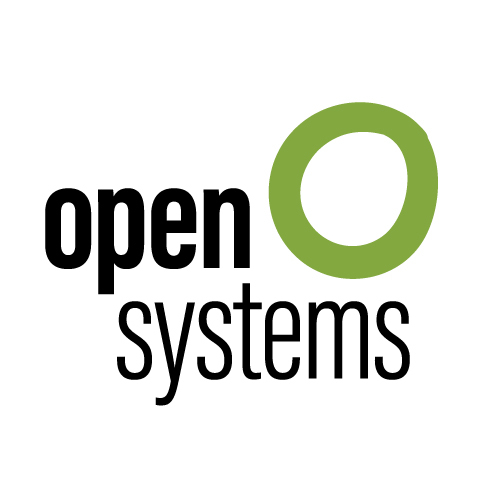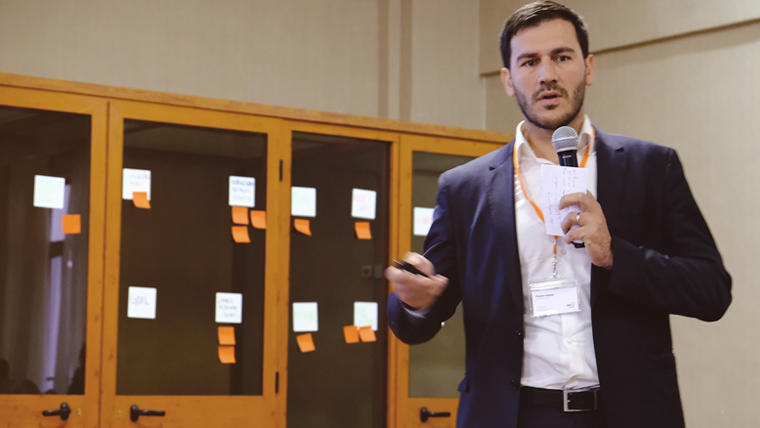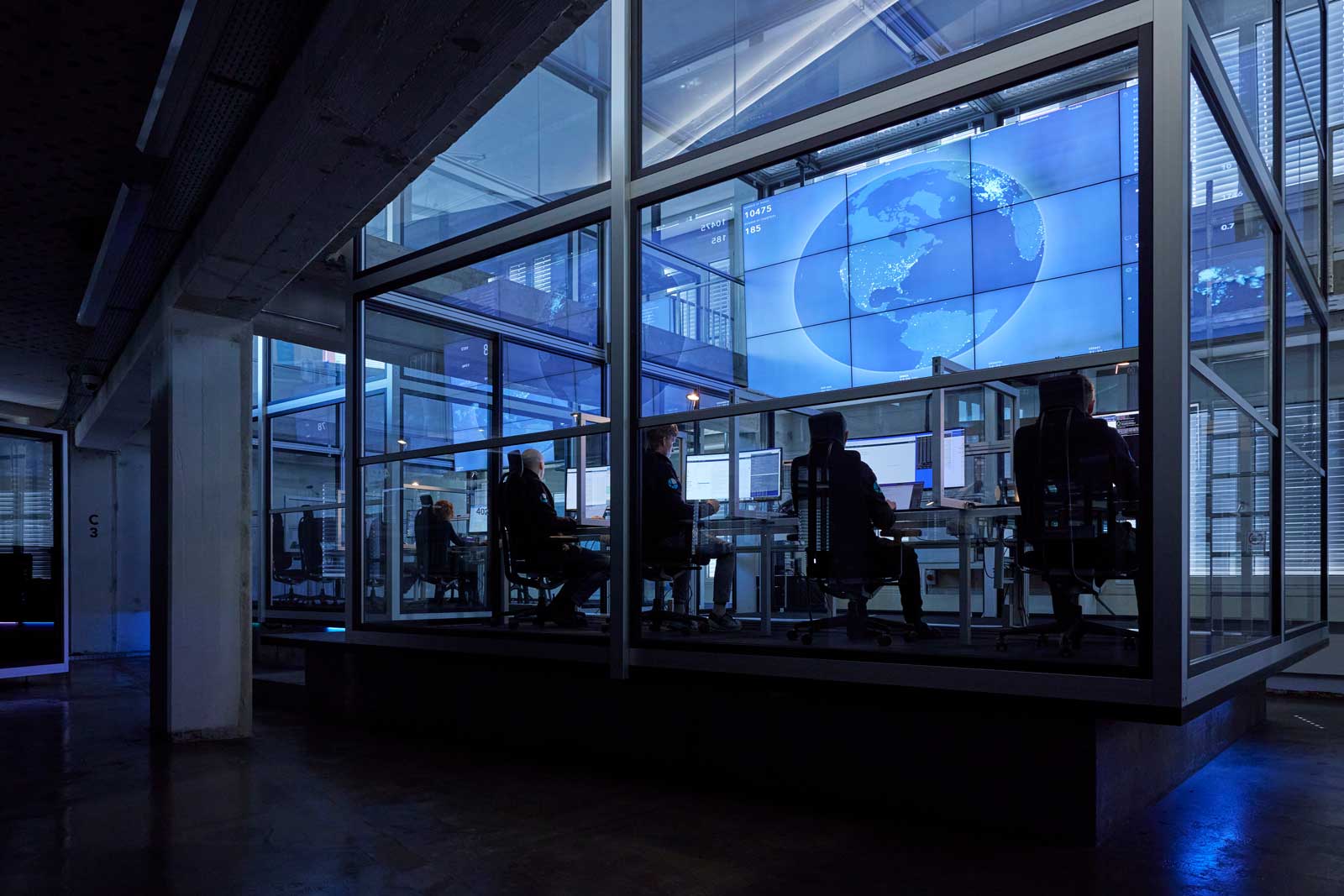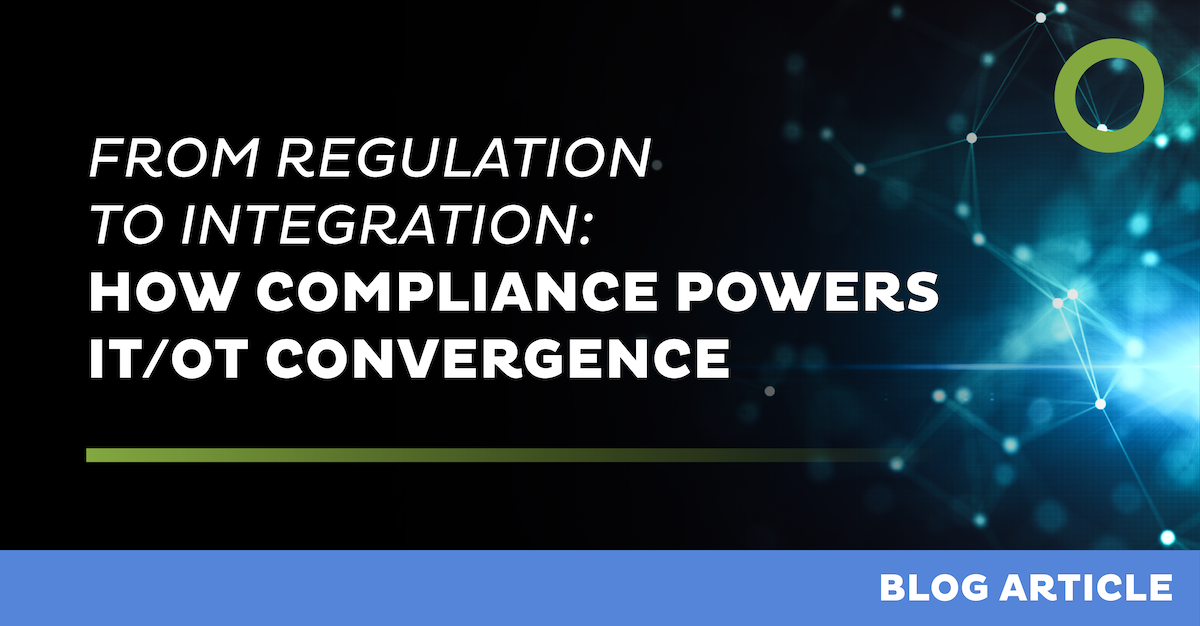
Securing Organizations that Make the World a Better Place


UN/NGOs transcend politics, conflicts, and borders to accomplish their mission of helping people in need. They supply food, give aid, and educate both young and old while rebuilding lives and communities during times of hardship. However, despite their good deeds, they are not immune from cyberattacks.
The pandemic, coupled with other world events, has placed more demands on humanitarian organizations. Getting resources, managing logistics, mobilizing people, and providing aid to where it’s needed to accomplish their noble missions is more difficult than ever before. Countries that could normally be depended on for donations are needing to funnel more funds internally to combat the pandemic, care for ailing residents, and shore up their economies. All of which leaves less for UN/NGOs to invest in safe and secure operations.
Bad actors know UN/NGOs are vulnerable and are targeting them to disrupt operations, extort funds, and obtain the personal and private data of refugees, victims, and benefactors alike. Any data that bad actors obtain will be sold and used to perpetrate more cyberthreats against people and communities who are either in need of aid or trying to help those who are.
UN/NGOs rely on their IT departments to keep things running so that they can manage programs, operations, and raise funds. In that way, they are no different from other organizations of their size. But their focus is not on profitability, technology, and cybersecurity; it’s on humanitarian efforts. So, while they’re preoccupied with helping others – who is protecting the UN/NGOs from cyberthreats?
While UN/NGOs are conducting their humanitarian missions, it’s our mission to bring large enterprise-class security to companies of all sizes. That includes a commitment to protecting organizations working to make the world better.
Open Systems has been a cybersecurity partner for UN/NGOs for many years. In fact, we include the International Federation of Red Cross Red Crescent and SOS Children’s Villages among the non-profits we proudly service. Leading our commitment to supporting these organizations is Florian Haçkaj, Head of UN/NGOs at Open Systems. We recently caught up with Florian and spoke with him about working with these organizations.
According to Florian: “We don’t think of ourselves as a vendor to UN/NGOs. Open Systems is more like their security partner. When their teams are entering disaster areas and war zones or working in jungles or deserts, we want to be there for them – every step of the way. While they’re facing challenges to completing their mission, it’s our mission to watch their backs and keep them secure and connected.”
Florian knows firsthand the importance of the work UN/NGOs do. He was born in Albania, a country once known for frequent turmoil and transition. As a young man growing up in Albania, he had to cope with a harsh and repressive dictatorship, the rise and challenges of corruption, and the Kosovo War of 1998.
Florian attended an NGO school in Tirana, Albania, which was created by SOS Children’s Villages. Although it was partially funded by paying students like Florian, it catered mainly to orphans. Seeing how organizations, like these, have a life-changing effect on young people led Florian to focus his life and security talents on helping these organizations fulfill their missions.
“What ultimately attracted me to Open Systems was the culture,” he continued. “The company had a deep commitment to keeping global organizations, including UN/NGOs, secure no matter what it took. Open Systems also has a broader sense of responsibility in making the world a safer and better place, which is the same principle that drives humanitarian organizations and me.”
Florian points out several distinguishing attributes when asked why Open Systems is a unique fit for organizations that need help with the complexity of security operations:
“UN/NGOs appreciate that they have the same level of service as a Swiss bank, global retail giant, or a US automotive manufacturer. That is saying a great deal about our ability to service anyone, anywhere. Whether you are working at home, in a branch office for an investment company, or for a UN/NGO inside a rescue center during a hurricane, you have the same level of service from Open Systems.”
He notes that “relief work, by its very nature, requires a distributed workforce as staff is constantly on the move in some of the most dangerous and difficult-to-reach locations. Cybersecurity is a top concern when accessing and marshalling valuable resources and using funds to expedite aid. We provide secure and consistent connectivity no matter where they are located. We also help manage their connections to reduce costs. Every dollar we help humanitarian organizations save by optimizing bandwidth or stopping a cyberthreat is another dollar they can use to improve the lives of others.
International tensions and embargoes hamper some providers when serving certain countries. Open Systems is an important partner for UN/NGOs as we have locations across the globe and headquarters in Switzerland. This coverage, combined with neutrality means we operate freely and have greater experience in providing services across more of the world. That includes remote provinces in China and parts of the Middle East and Eastern Europe. Having true global reach is a significant advantage for UN/NGOs and any other organization that needs to operate everywhere.
UN/NGOs don’t work 9 to 5, and neither do we. We offer the same level of service 24x7x365 to anyone working anywhere. When a UN/NGO partner is racing to a natural disaster, needs to establish a presence in a new region, or has an urgent requirement, they value that we’re always available to support them with whatever they need when they need it.
As you can imagine, UN/NGOs and their remote and mobile teams rely heavily on the security and accessibility of their global communication infrastructure. Their systems need to be constantly updated, monitored, and tested for reliability to ensure a rapid response is always possible. Systems failures mean more than lost productivity when people’s safety and lives are at stake.
That being said, what’s challenging for UN/NGOs is that they need as much funding as possible to go directly into providing rapid aid and improving people’s lives. Money invested in building and maintaining a much-needed cybersecurity infrastructure means fewer funds for the people they are working to help.
UN/NGOs, just like our other customers, have missions they need to accomplish. Not only is managing and maintaining a cybersecurity infrastructure a drain on funds, but it can also be a distraction for IT. The last thing our customers need is a security provider that doesn’t understand their infrastructure, doesn’t want to be involved, and only sends a continuous stream of difficult to interpret alerts. Their valuable IT resources need to focus on their humanitarian missions – not cybersecurity. That’s where Open Systems steps in.
At Open Systems, we do things differently. While UN/NGOs are busy with their missions, we apply our vast tech expertise, certified professionals, and thorough scientific processes to ease the burden of cybersecurity. We do all that through Open Systems Mission Control, our globally distributed 24×7 network operations center.
Mission Control becomes an extension of their IT organization and our security engineers become their cybersecurity experts, on the job 24×7. We monitor their environment and resolve issues, so they don’t need to. We take over day-to-day operations so they can focus on what they do best- take care of people in need. We help them secure their digital transformation. We can manage everything to any level they require. We can handle only a few tasks or completely manage all their security operations.
Florian recalls comments made by Hugh Peterken, who was once the Head of Information Systems Department for IFRC (International Federation of Red Cross Red Crescent), about their partnership with Open Systems.
“Our IT specialists can concentrate on fulfilling employees’ requirements and do not have to grapple with highly complex security and connection problems. In addition, the equipment in the seven centers is standardized, which reduces costs and effort. And what is probably the most important: In the end, we are in a position to offer our employees and volunteers the services they really need.”
Whether it’s a health, natural, or political crisis or to improve communities with clean water, a new school, or a modern medical clinic, UN/NGOs can be counted on to help people in need. And they can count on Open Systems and our Mission Control SOC to have their backs and keep them connected and secure.
“I’m very proud of our partnerships with UN/NGOs. The work we’re doing to keep them connected and secure while reducing their costs allows them to have more funds and time available to focus on people in need. I feel, in some ways, that the work we do at Open Systems and our Mission Control for UN/NGOs is also helping the people they serve and making the world a safer and better place.” Florian Hackaj, Head of UN/NGO at Open Systems
Leave Complexity
Behind
To learn how Open Systems SASE Experience can benefit your organization, talk to a specialist today.
Contact Us



